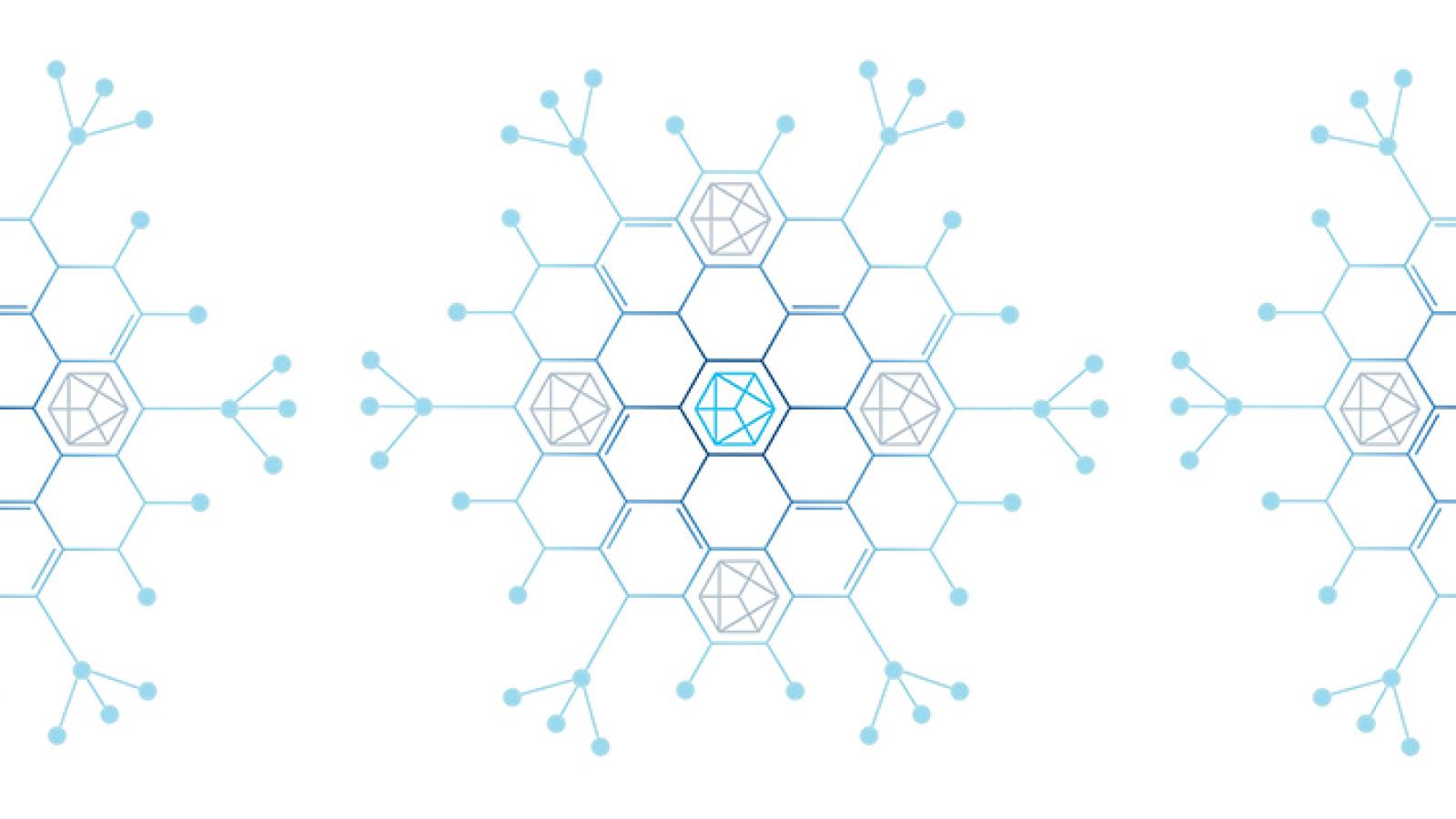If 2018 was the year we came to life, 2019 was the year we grew at pace and strengthened in all directions. And that’s all thanks to the hard work and original thinking of each and every one of you.
So what did you achieve this year?
Three cheers: Our year in numbers
Out with a bang: Our year in highlights
Remarkable as they are, the numbers only tell us some of the story. Highlights include…
- In Edinburgh there was a major investment from the JK Rowling Foundation at Prof Siddharthan Chandran’s Clinic to improve the lives of people with multiple sclerosis.
- UCL received planning permission to start work on a major new research building for the UK DRI and their UCL neuroscience colleagues and hosted a special royal visitor.
- Cambridge officially opened its doors gathering 180 researchers for a day of great talks and have partnered with an NHS Foundation Trust to set up a translational neuroscience group.
- Over in Cardiff, their ECRs have led the way in collaboration and development.
- At King’s, the final lab refurbishment space for their electrophysiology programme has been completed with a visit from the Korean Ambassador.
- Imperial have been busy preparing for their big move in the new year to the Michael Uren Biomedical Engineering Research Hub, yet still had time to host a workshop in neurotechnology.
- And our congratulations must go to our latest centre, Care Research & Technology, who are rapidly getting up to speed after a successful press launch and hosting an involvement activity with our group of lived experience ambassadors.
And where do we start on all the incredible science across the institute? We risk missing things when we start naming people, but we must put a spotlight on some areas showing great progress. Josef Priller published a series of Nature papers on human microglial properties, and regional and temporal heterogeneity in health and disease. Sarah Tabrizi’s Phase 1-2a trial of an ASO in HD led to a global multi-centre trial for Roche. Giovanna Mallucci’s experimental medicine studies are underway with a phase 2B clinical study for proteostasis modulation. In a collaboration between Imperial and Care Research & Technology, Nir Grossman and David Sharp have started testing non-invasive deep brain stimulation via temporal interfering electric fields to selectively modulate the hippocampus, aiming to develop an intervention for memory decline. Marc-David Ruepp has identified a novel mechanism for cytoplasmic FUS, providing a direct molecular link between ALS-FUS and SMA. And Julie Williams published a genetic meta-analysis of data from 94,500 individuals, identifying new risk loci and implicating amyloid beta, tau, immunity and lipid processing in AD.
This snapshot alone shows the diverse angles we’re coming from to unravel neurodegenerative diseases so we can ultimately prevent and treat them. We look forward to seeing where these and your many other 2019 discoveries will take us.
2020 resolutions?
The important Establishment Review process we went through this year gave us the opportunity to reflect on how far we’ve come and where we’re headed, with the QQR around the corner in 2022. We know the path we’re on: to fill the knowledge gap, and to translate this into ways to improve lives. It’s just a question of how fast will we get there?
Whilst we’ll continue to grow in numbers throughout 2020, now’s the time to turn our focus on how best to support you and connect you with your many UK DRI colleagues. Key in this will be our IT infrastructure – we’ll be rolling out pilot projects for innovative data and information sharing. Please get involved; the more you put in, the more you’ll get out. And ultimately, the more everyone’s science will be strengthened.
We’ll also be launching shared platforms and resources, including animal models, announcing more cross-centre scientific themes, and establishing training programmes to make sure you can acquire important skills. Of course, we exist to be able to translate our findings into treatments: this will be driven by our new Director of Business and Innovation Dr Kay Penicud who will be visiting all UK DRI centres in the new year.
We would like to reassure you that despite what the outside world may throw at us, we will continue to rapidly grow and develop the UK DRI, drawing upon the expertise and guidance of our Trustees and Funders.
Our sincere thanks
We appreciate how extraordinarily busy you’ve all been – researchers and technicians, Associate Directors, Centre Managers, administrators, theme leaders, ECRs, HQ, our trustees, funders, partners and collaborators. Together we make a very strong team! We thank each and every one of you for the crucial part you play and send a special welcome to those who have joined us this year.
We’re very proud of the institute that we’re building with you and the bright future it promises for the millions of people affected by dementia.
We wish you and yours a very happy and restful holiday season and a healthy, successful New Year.
Bart and Adrian
UK DRI Directors
Article posted: 19 December 2019
